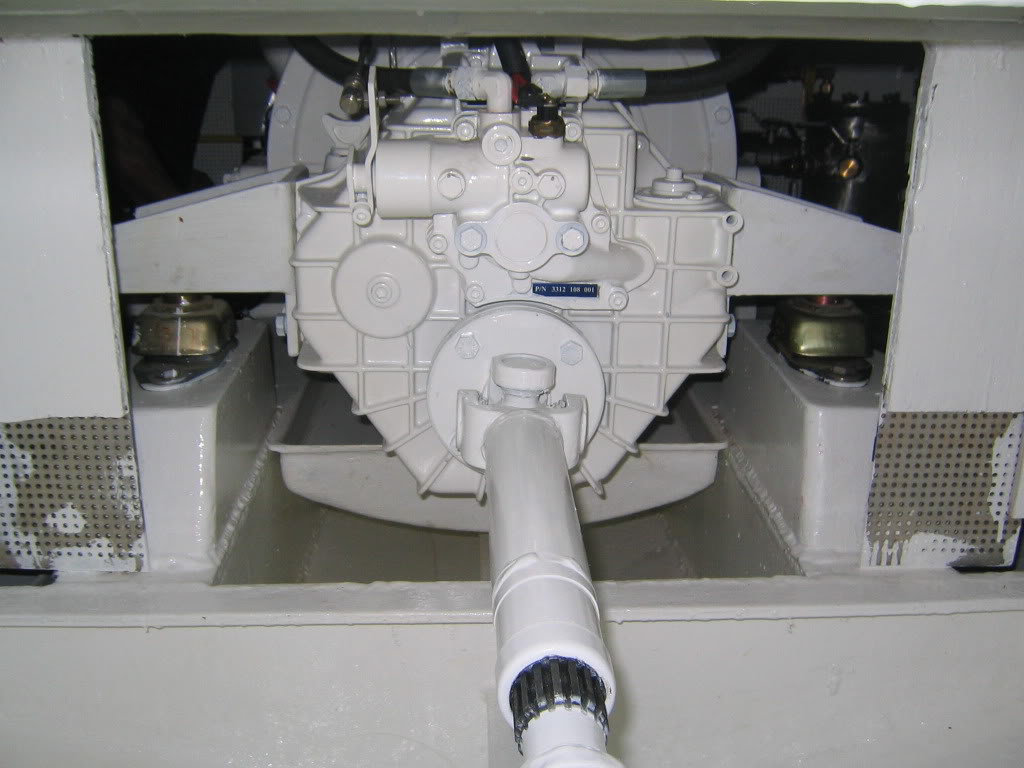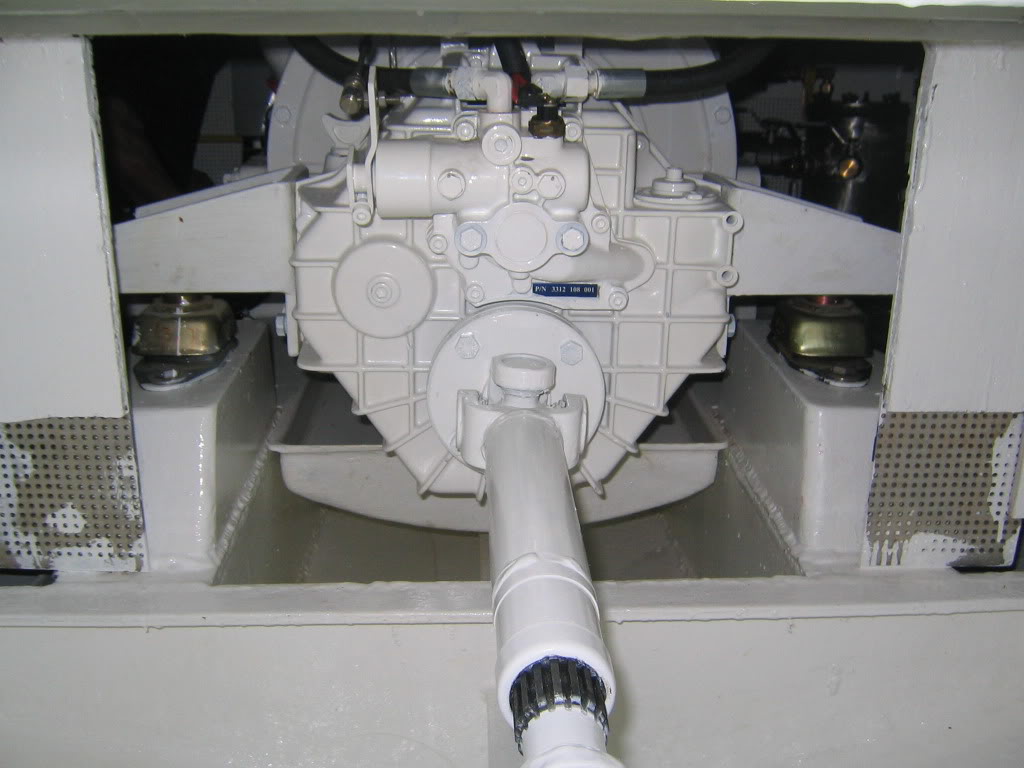Captain K
Senior Member
- Joined
- Mar 19, 2012
- Messages
- 315
- Location
- USA
- Vessel Name
- GITANA
- Vessel Make
- Sea Ranger 47 Pilothouse
While working down in the British Virgin Islands years back I noticed our Commonwealth cousins (Brits, Aussies, Kiwis, etc.) used the word "Gearbox" for what I call a "transmission." Is there a difference, or is it another of those many examples of Americans and Brits being, as Churchill said, "two peoples seperated by a common language?"





 Well, first we ran as safe distance.
Well, first we ran as safe distance. 